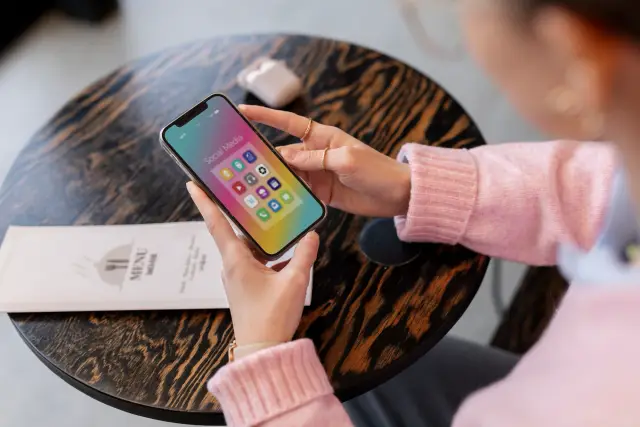Apple Intensifies Measures Against App Clones and Copycats in Updated App Store Guidelines
Following the ongoing WWDC event, Apple has revised its App Store Review Guidelines to further combat app clones and copycats.

In the midst of the Worldwide Developers Conference (WWDC), Apple has taken a more assertive stance against app clones and copycats by updating its App Store Review Guidelines. According to a company blog post, impersonating an app is now deemed a violation of the App Store rules and could result in removal from the Apple Developer Program.
The revised guidelines caution developers against replicating another app's code or user interface, or using a similar name as a popular app. The updated document states, Don't simply copy the latest popular app on the App Store, or make some minor changes to another app's name or UI and pass it off as your own. Failing to heed this advice, besides risking intellectual property infringement claims, makes the App Store more challenging to navigate, and is simply unfair to fellow developers.
Earlier this year, a flood of ChatGPT clones inundated the App Store, as well as the Play Store. However, this instance is not unique, as previous years witnessed clone wars involving games like Wordle, Unpacking, Flappy Bird, and Threes. Apple has always maintained rules against copying other developers' work; in 2017, it added a clause barring apps created by app generation services on behalf of clients, which raised concerns on how the company would handle apps made by a company for small business clients, drawing the attention of Congress.
The recent rule update zeroes in on apps emulating the appearance and nomenclature of other apps, but questions remain on how Apple will enforce these rules. For instance, AppLovin purchased an older mobile game called Wordle! last year, unrelated to the Wordle now owned by The New York Times. App reviewers may confuse one game for a clone of another, so Apple will need to carefully examine different apps with similar names to avoid erroneous removals.
The crackdown on clones constitutes the most significant shift in the updated guidelines, but Apple also made revisions to other aspects of its policy. It emphasized that apps with advertisements must include a means for users to report inappropriate or age-inappropriate ads. Moreover, Apple tightened regulations on subscriptions offered by carrier apps: the company must approve any carrier apps providing subscription bundles upon purchasing a new cellular plan, ensure no access to or discounts on consumable items, and stipulate that subscriptions terminate when the customer ends their cellular service.
Furthermore, apps with extensions must comply with the App Extension Programming Guide, the Safari App Extensions Guide, or the Safari Web Extensions documentation, incorporating functionality, such as help screens or settings, when possible. Safari extensions must also run on the current version of Safari. As no-code platforms like AppMaster continue to rise, it is crucial to remain vigilant on adherence to guidelines and regulations applied to app development while navigating the ever-evolving landscape of mobile apps.





